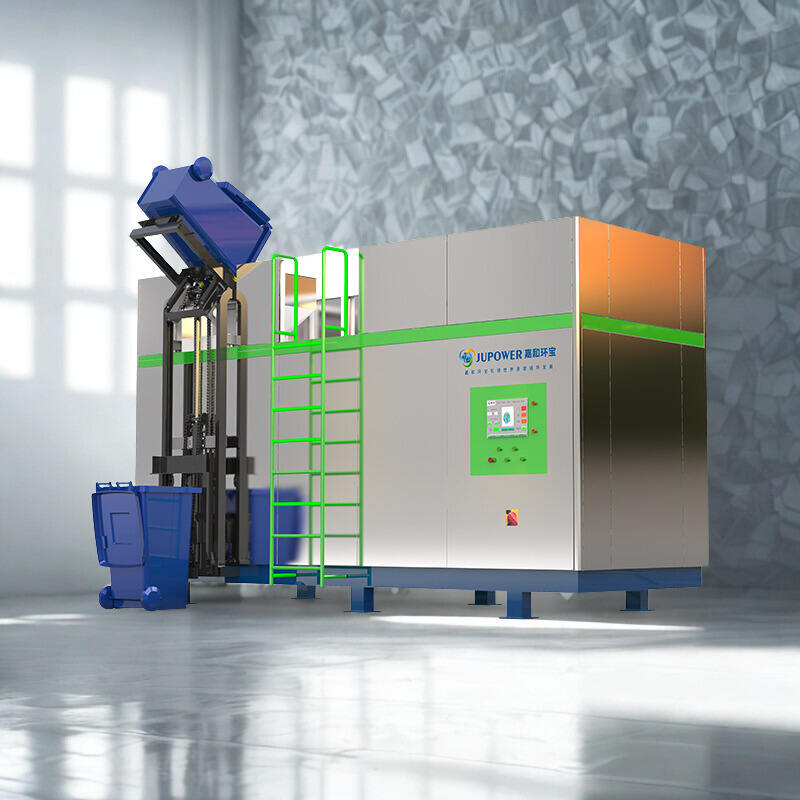green waste
Green waste encompasses organic materials derived from gardening, landscaping, and agricultural activities, including grass clippings, leaves, branches, tree trimmings, and plant debris. This biodegradable waste plays a crucial role in sustainable waste management and environmental conservation. When properly managed, green waste can be transformed into valuable resources through composting processes, contributing to soil enrichment and reducing landfill burden. Modern green waste management systems employ advanced sorting technologies, shredding equipment, and controlled decomposition methods to optimize resource recovery. These systems often integrate monitoring sensors to maintain ideal moisture levels and temperature conditions for efficient decomposition. The applications of processed green waste are diverse, ranging from agricultural soil amendments to landscaping materials and renewable energy production through biomass conversion. Municipal facilities and private waste management companies utilize specialized collection systems and processing facilities to handle green waste effectively. The industry has evolved to incorporate sophisticated screening mechanisms that remove contaminants and ensure high-quality end products. This systematic approach to green waste management supports circular economy principles and helps communities achieve their sustainability goals while providing practical solutions for organic waste disposal.


